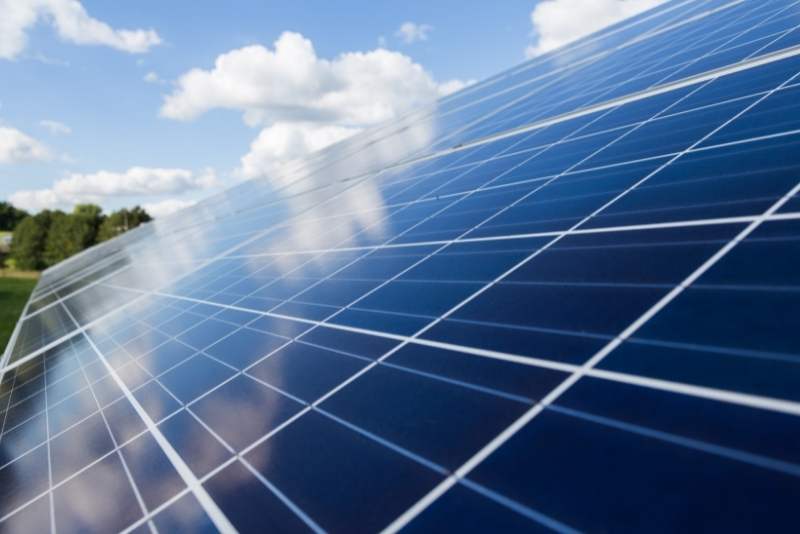
When you are far from the city and enjoy the freedom of being off the grid, but still need the energy of the grid to maintain your daily life, then an off-grid solar power system is a good choice.
When we use household appliances in daily life, we don’t think about how much electricity it consumes, but if you use solar energy, every watt is important. So how to calculate solar energy? Can a solar panel power a stove?
An off-grid solar power system can usually meet most of your daily electricity needs. But there are some things that are not recommended to use on solar energy because they consume a lot of electricity and may leave you without electricity to meet other needs.
Solar power supply diagram:
Solar panel → Solar charge controller → Energy storage battery
↓
Inverter
↓
Home power distribution system
↓
Home appliances (lights, refrigerators, TVs, etc.)
Solar panels can power electric stoves, but some conditions and factors need to be met.
1. Power requirements
Electric furnaces typically consume a lot of power, usually in the kilowatt (kW) range. You need to ensure that the solar panel system can provide enough power. For example, a typical electric furnace may require 2kW to 5kW of power.
Assuming that each solar panel has a power of 300 watts, at least 10 such panels are required to meet the power demand of 3kW (300 watts × 10 = 3kW).
2. Battery backup
Since electric furnaces are usually used during periods when solar panels cannot generate power (such as at night or on cloudy days), an energy storage system (such as batteries) is necessary.
3. Current conversion inverter
Electric furnaces use alternating current (AC), while solar panels produce direct current (DC), so an inverter is required to convert DC to AC. The inverter capacity also needs to be large enough to handle the peak power demand of the electric furnace.
4. Continuity and stability
It is necessary to consider the intermittent and unstable nature of solar power generation and ensure that the system can still provide stable power when there is insufficient sunlight. You can consider connecting to the grid as a backup power source to ensure continuous power supply.
Note:
The size of the solar panels and energy storage batteries should be designed according to the household’s power needs. If necessary, it is recommended to conduct a power consumption assessment to determine the number of solar panels and energy storage battery capacity required.
The installation of the system requires professional technicians to ensure safety and efficiency.
Regularly maintain the solar panels and energy storage batteries to ensure the long-term stable operation of the system.
Summary
It is possible to use solar panels to power the electric furnace, but a properly designed system is required to ensure its reliability and stability, including a sufficient number of solar panels, a suitable energy storage system and an inverter. This may involve a higher initial investment, but in the long run, solar panels can effectively power household appliances, achieve the goal of using clean energy and saving electricity bills.
